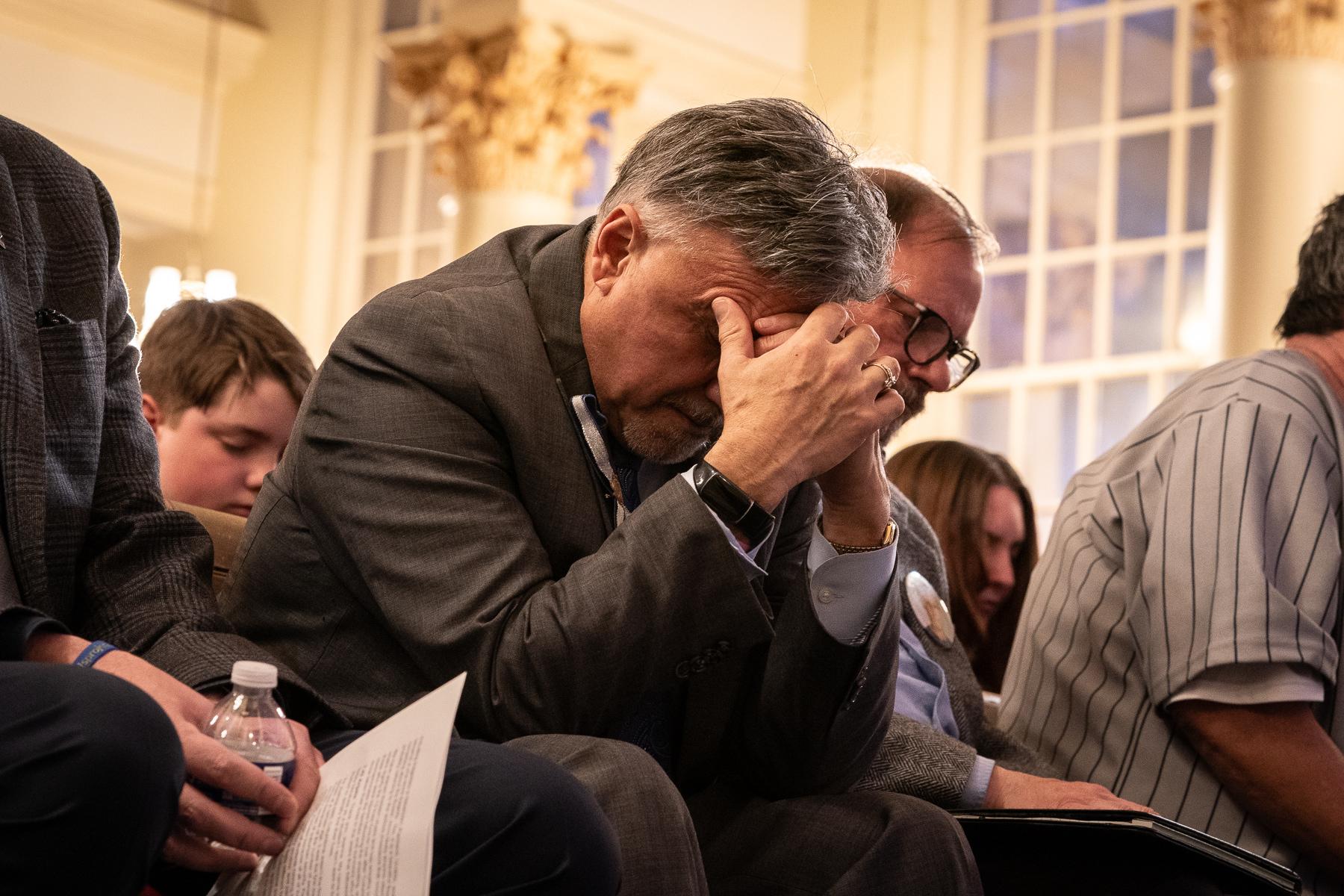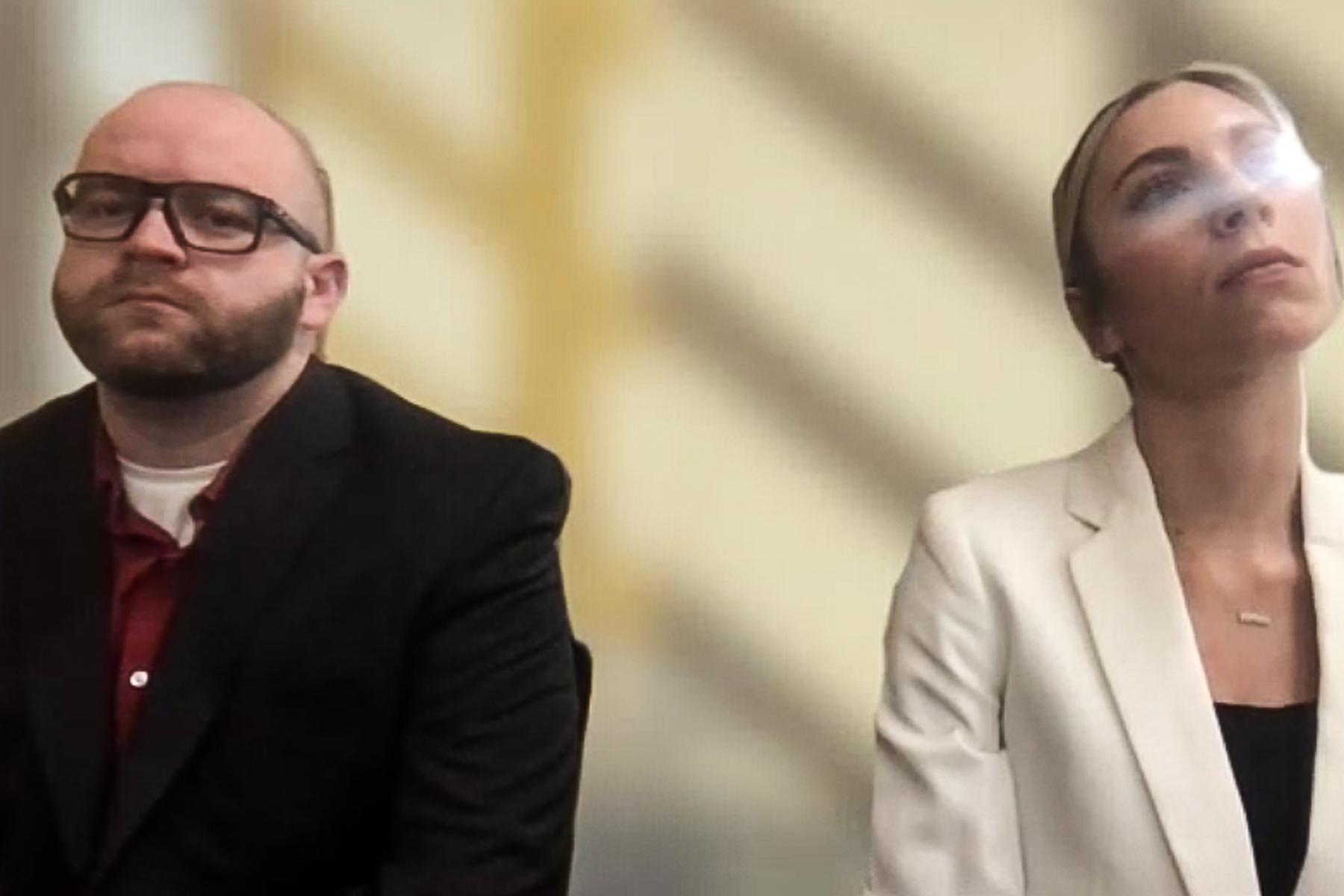Originally published on October 20, 2015 7:24 am
Local tax and spending issues, as well as city council and mayoral races largely dominate Colorado's 2015 election. There is only one statewide question, which asks voters whether the state can keep marijuana tax money it's already collected to pay for school construction, law enforcement and other programs.
If that's a question that sounds familiar – that's because it is. Proposition BB will actually be the third time Colorado voters have weighed in on taxing marijuana.
Voters legalized marijuana in 2012 with the caveat that lawmakers would pass a tax to regulate the drug and use some of the money to pay for school construction. Lawmakers did that and then sent the tax increase to voters, where it overwhelmingly passed in 2013.
"They sent a clear message, they felt marijuana should be regulated it should be taxed, Making sure we could accommodate unintended consequences," said Gov. John Hickenlooper.
Why are we seeing a repeat in 2015? Voters are required to adopt the tax increase all over again because of what some are calling a constitutional glitch in the Tax Payers Bill of Rights.
"If people are asking themselves why they have to be voting on marijuana issues, two years after they voted on marijuana issues, it's because of TABOR, and TABOR doesn't respect the will of voters in certain circumstances," said Representative Jonathon Singer (D-Longmont), the author of the original tax increase.
When voters first passed the marijuana tax, TABOR required the state to estimate what the revenue on pot sales would be, and estimate total state revenues for the year. But state revenues exceeded that original estimate, and that triggers a refund under TABOR.
Proposition BB gives voters what Senator Pat Steadman (D-Denver) calls "a really clear choice."
"We can keep the money they wanted us to tax, and spend it on the things they wanted us to spend on, or we can refund it back to the marijuana growers and the marijuana consumers," said Steadman.
As a member of the Joint Budget Committee, Steadman has been spearheading what he calls a low-key campaign to pass Proposition BB. He's been talking to newspaper editorial boards, and said there is no significant opposition to the ballot question.
"I think you can find some people who are opponents, but they have not formed a campaign committee and I have not run into them in any of the work we've done to promote the measure," Steadman said.
If Proposition BB doesn't pass, the state will have to refund $66 million. The bulk of it would go to marijuana growers; there would also be another marijuana tax holiday in 2016 at retail stores. The final portion would go to everyone through their income tax returns, with the average taxpayer receiving $8. Gov. John Hickenlooper said the money should stay in the state's coffers.
"If we don't get this passed, we'll have a very difficult time regulating it all. I think the state could be much worse off, significantly worse off than we are today," said Hickenlooper.
That's because the first $40 million in excise taxes collected from marijuana growers is slated to go to a program to help repair and upgrade public school buildings, many of them in rural areas where money is tight. The other sales and excise tax money helps enforce marijuana laws, and various programs aimed at young people such as initiatives on school bulling, mentoring and marijuana education campaigns.
"Making sure that kids don't get access to marijuana. To make sure our highways are safe, that we don't have people getting high and driving," said Hickenlooper.
Lawmakers in both parties supported referring Proposition BB to the ballot. Senator Kent Lambert (R-Colorado Springs) chairs the Joint Budget Committee and doesn't mind that the so-called glitch in TABOR requires another vote.
"We have some strong laws in our constitution that protect taxpayers," Lambert said. "We want to make sure we follow the legal process and the constitution."
While the measure seems like a slam-dunk in this off year election, backers, like Senator Pat Steadman, don't want to take it anything for granted.
"I've put quite a few miles on the car this year working on Proposition BB," said Steadman. "I'll go anywhere to help people understand why this proposition needs to pass in November."
Steadman said lawmakers wrote the question to be as clear and understandable as possible and have broad appeal, but he concedes the ballot measure itself may still be confusing to voters who feel like they've got déjà vu all over again.
Copyright 2015 KUNC-FM. To see more, visit http://kunc.org.









